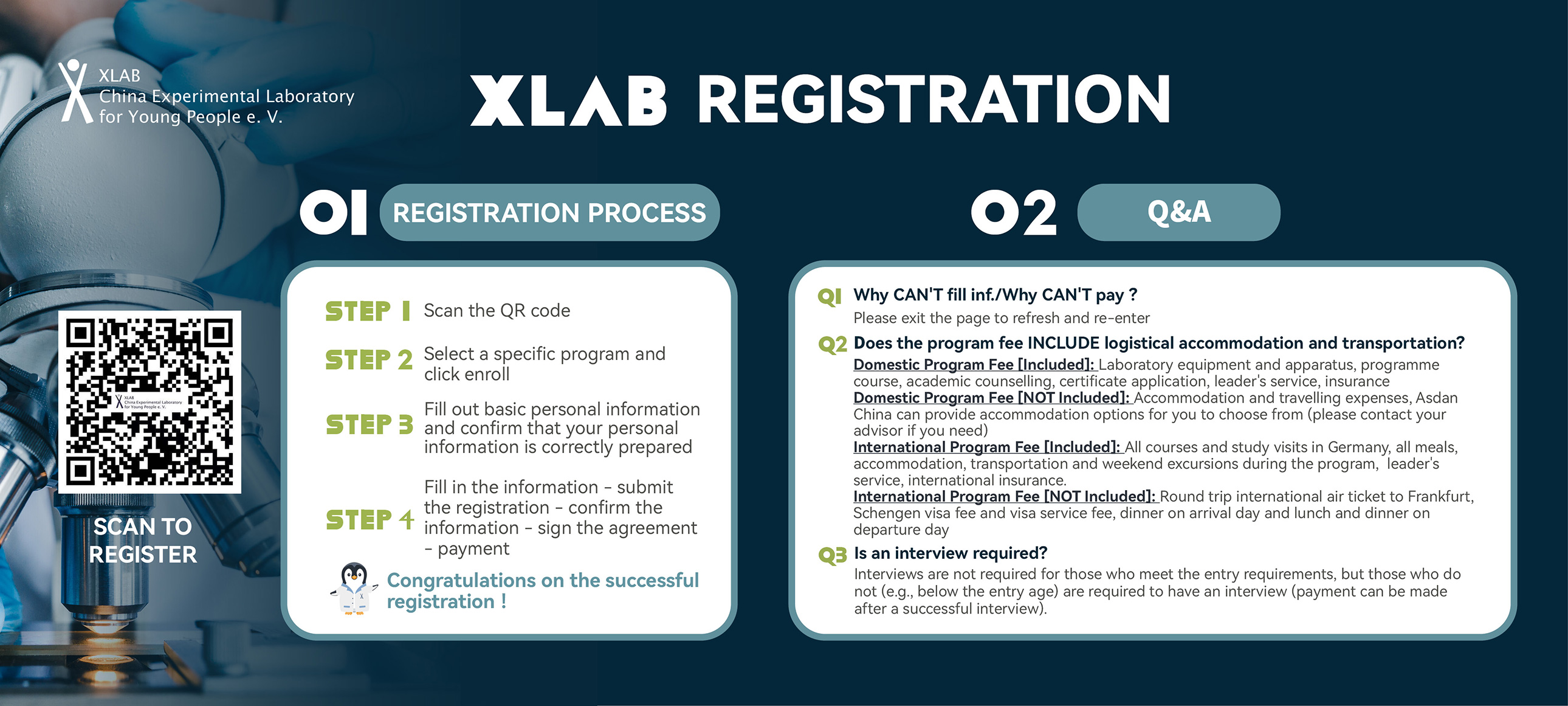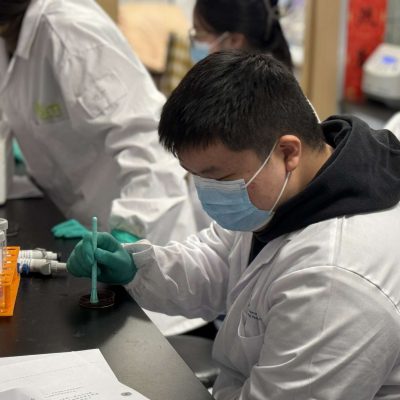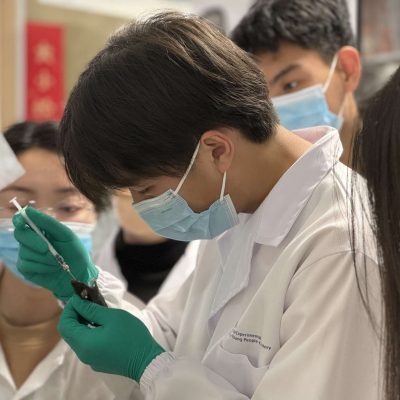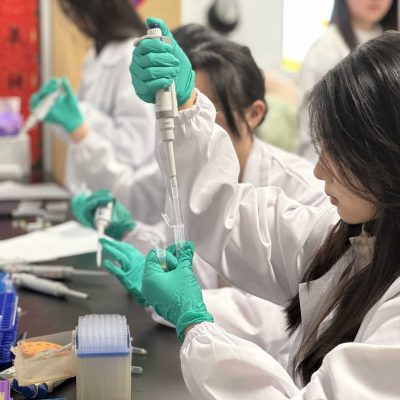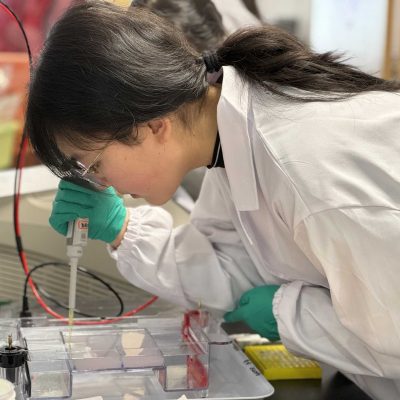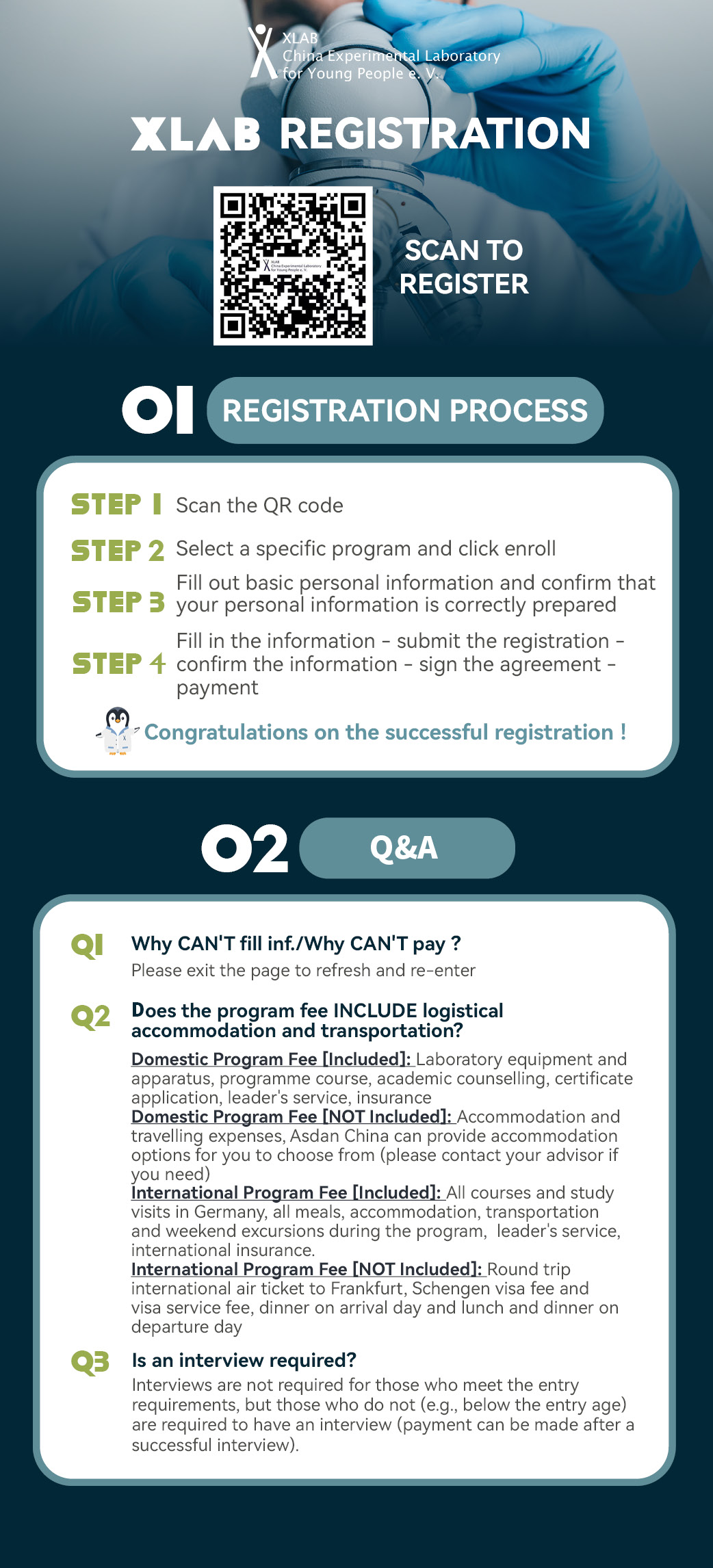CAR-T Cell Immunotherapy for Novel Anticancer Treatment
 Suzhou
Suzhou
Date:【Christmas】 Dec.26th - Dec.30th, 2025丨【Winter】Feb.07th - Feb.11th, 2026
Subjects: Biomedicine, Molecular Biology, Cell Biology
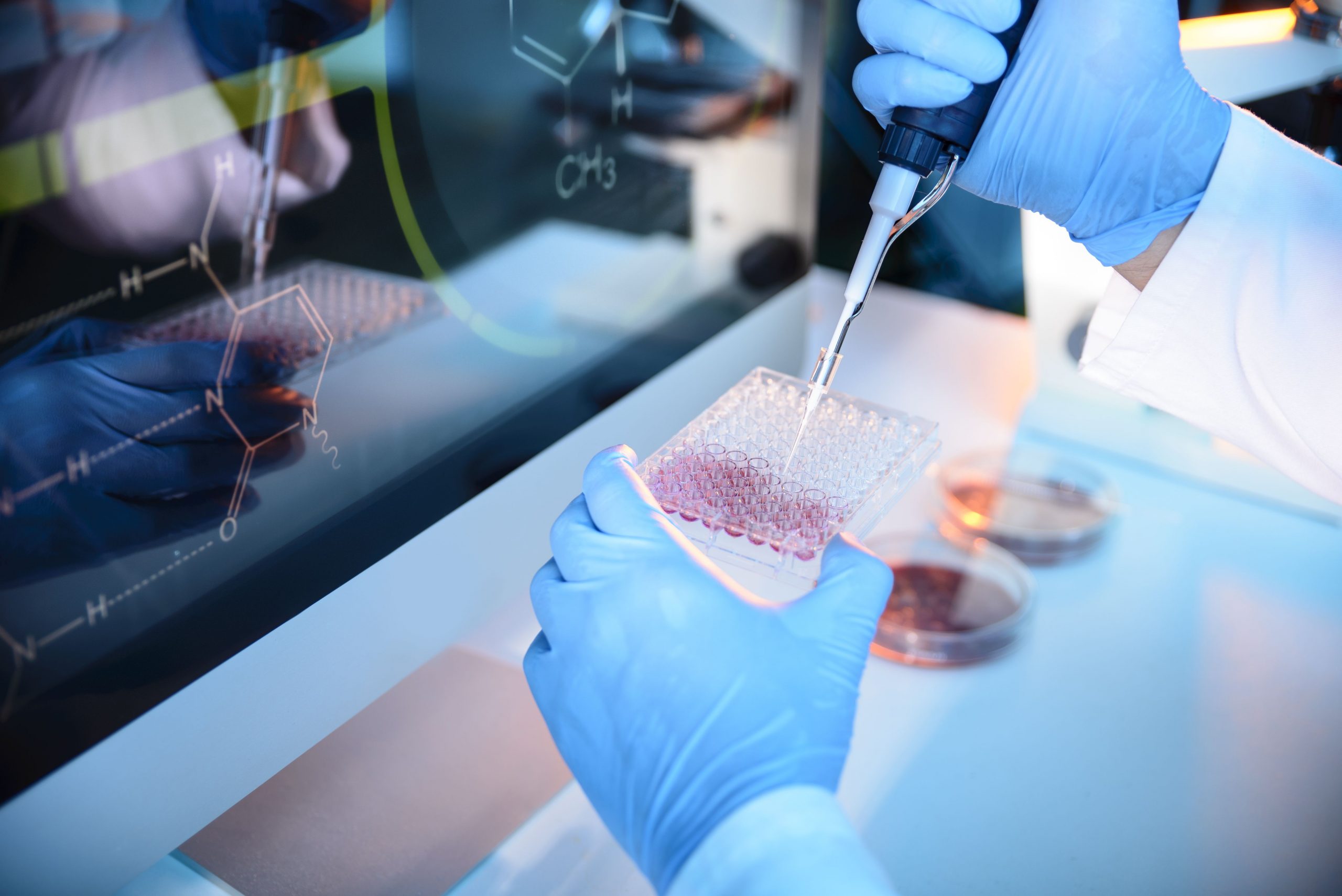
CAR-T cell immunotherapy is a new type of targeted therapy for tumor treatment, the basic principle of which is to load in vitro activated T-cells with CAR, which recognizes specific tumor antigens. Through genetic engineering technology, they are infused into patients. The modified T-cells can recognize tumor cells in vivo through the CAR molecule on their surface and kill tumor cells so as to treat malignant tumors.
The program invites experts to learn about the preparation and application of CAR-T cells and provide necessary theoretical and practical support for a deep understanding of T cell-based immunotherapy.
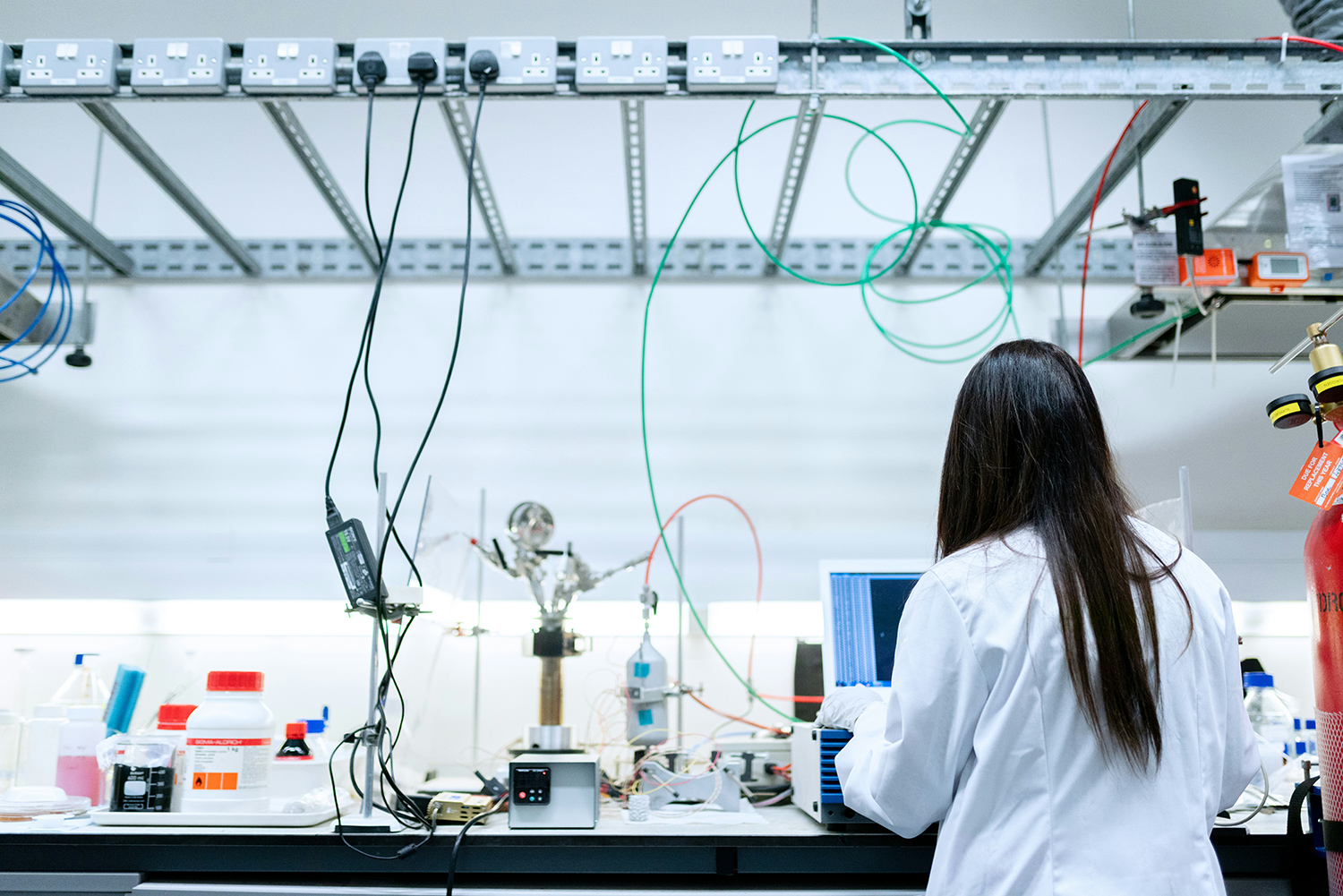
Teaching Faculty
Experts in translational medicine in immunology and oncology from national research institutes are specially invited.
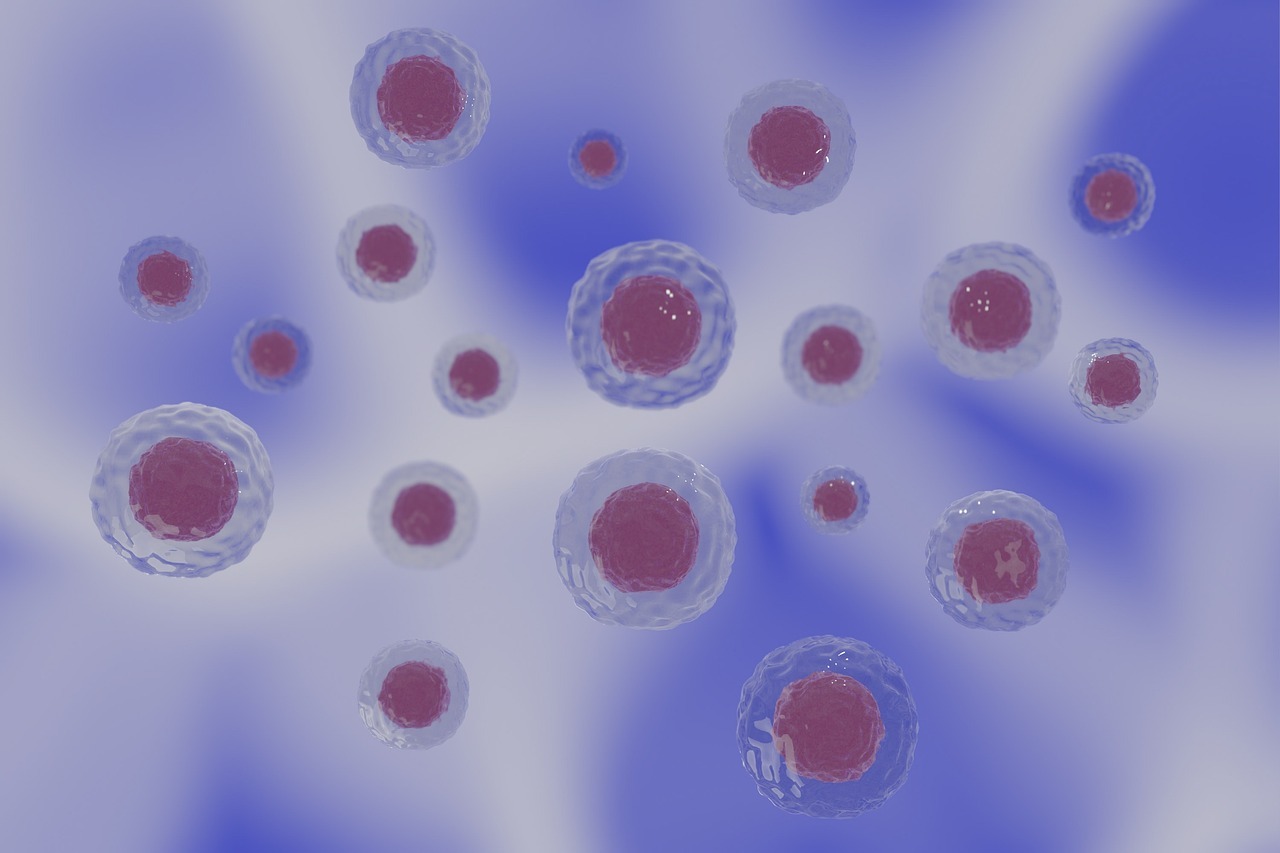
Cutting-edge Topics
Systematically learn the novel targeted therapies for tumor treatment, the experimental principles and applications of CAR-T cell immunotherapy.
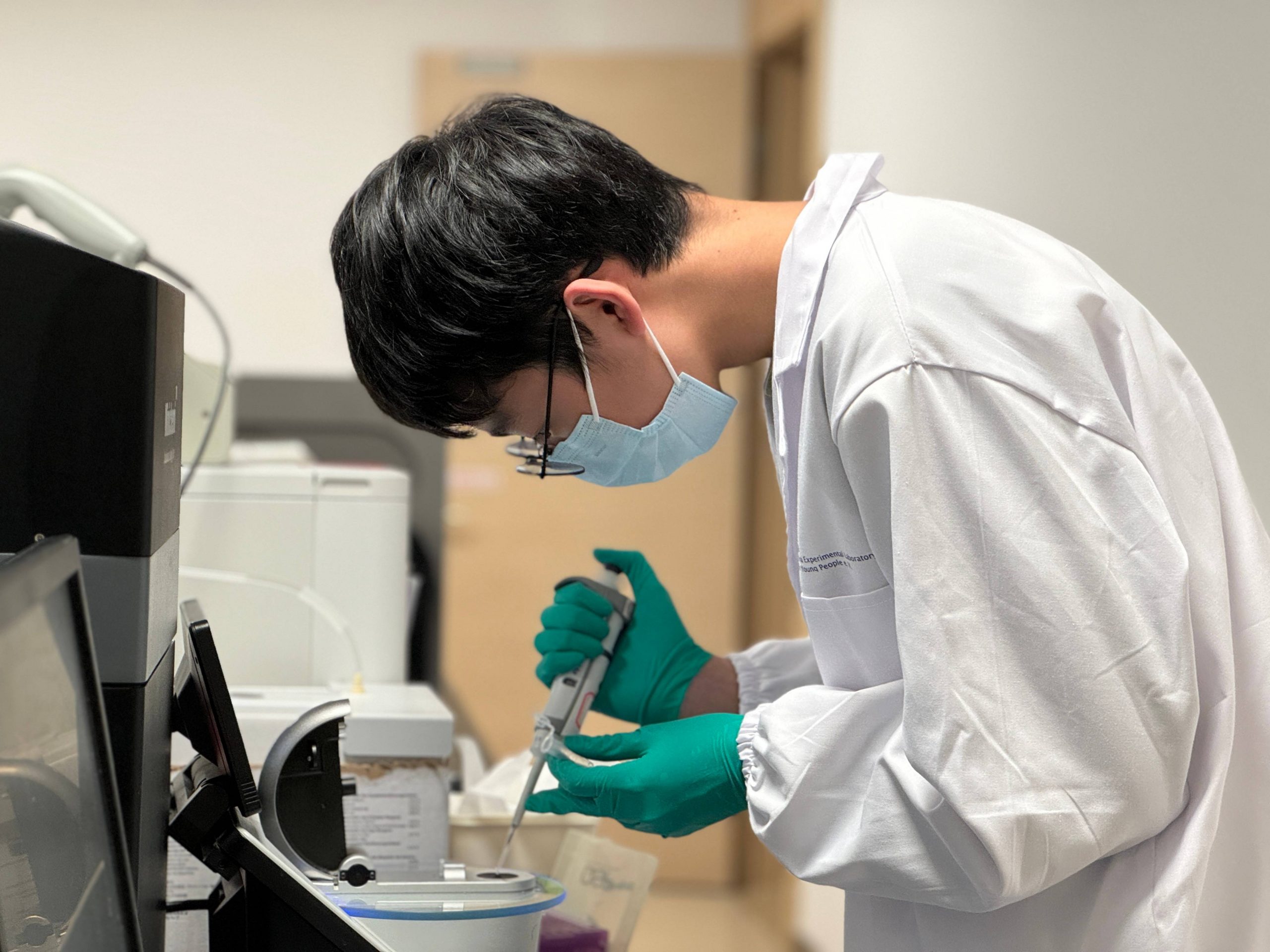
Real Lab Practice
Conduct experiment, starting from the preparation of the recombinant plasmid DNA, ending with tumor regression and T cell infiltration in mice.
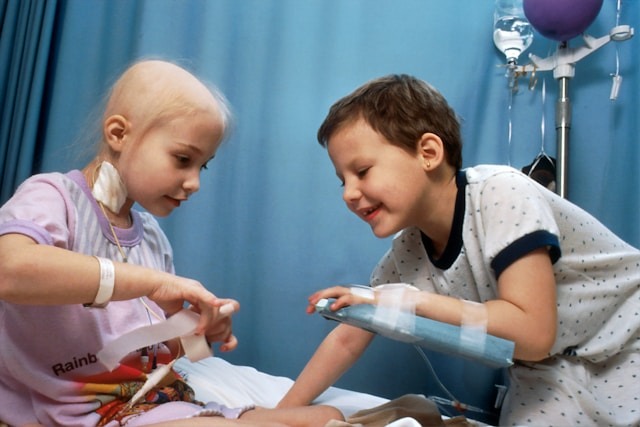
Outcome Application
Research outcomes for studying T cell-based tumor immunotherapy.
Main Experiments

Mice Tumor Model of Cancer Immunotherapy
T Cell Infiltration Assessment
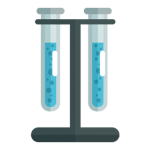
CAR-T Cell Preparation
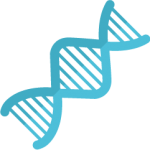
DNA Replication and Amplification
Mice Tumor Model of Cancer Immunotherapy
T Cell Infiltration Assessment
CAR-T Cell Preparation
DNA Replication and Amplification
Certificates
).png)
CERTIFICATE OF ASDAN SCIENCE
ASDAN SCIENCE SHORT COURSES CREDIT ACCREDITED BY UCAS
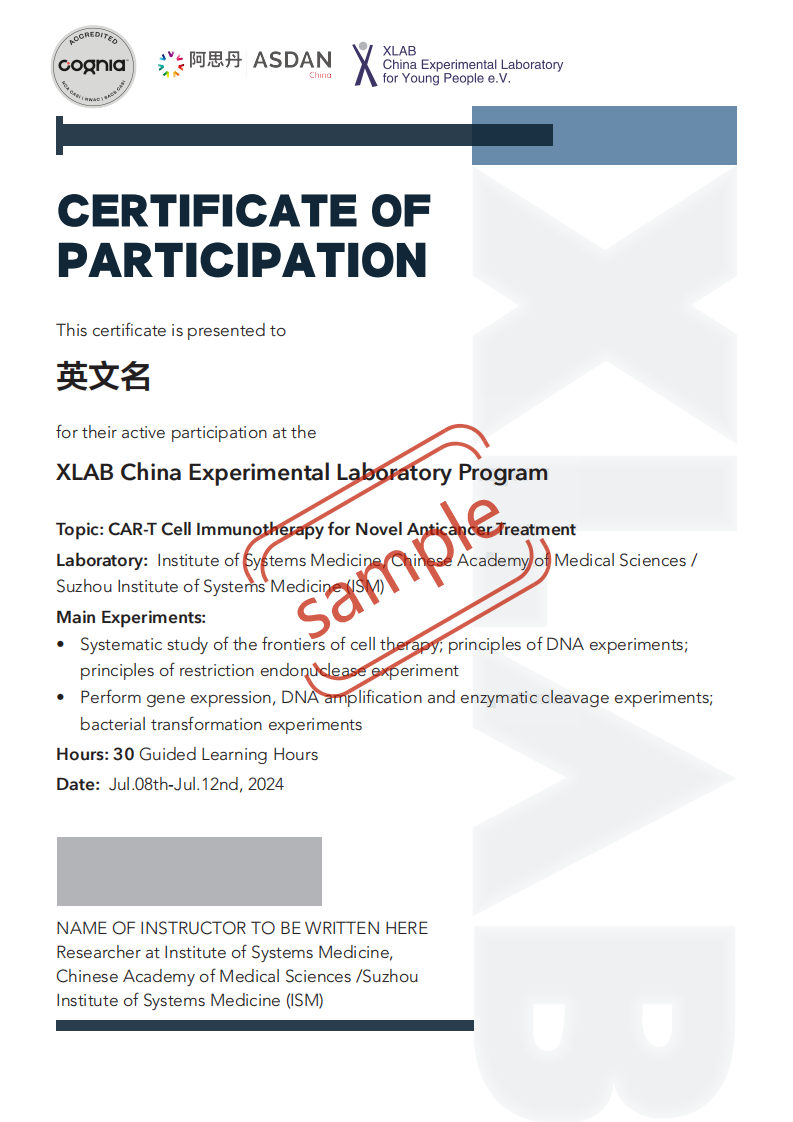
CERTIFICATE OF COMPLETION ISSUED BY XLAB CHINA

Feedbacks
-

XLAB taught me about various branches of biology, such as molecular biology and biotechnology. For example, the PCR experiment helped me apply theoretical knowledge to practice, making me realize that biotechnology is not as tedious as I previously thought. Additionally, the mice experiments were a completely new experience. Some other instruments were quite complex and difficult to understand initially, but it was a unique experience. My target major has broadened, and I will consider more biology-related disciplines.—— The Experimental School Affiliated with Zhuhai No. 1 High School, Student Shen

-

We were introduced to the background knowledge related to CAR-T on the first day, allowing us to understand the main work of the laboratory quickly. The clear flowcharts helped us promptly adapt to the environment and start the five-day course. The ten-hour experimental sessions provided us with ample hands-on experience. We learned how to use many new experimental instruments and understood their roles in experiments. The most memorable part was handling the mice and extracting T cells from tumors. This process was lengthy and complex, teaching me the techniques and importance of cherishing and respecting every experimental animal. XLAB was beneficial for my future professional choices, allowing meallowing me to explore my interests and passions.—— A-level Center of Zhenhai High School of Zhejiang, Student Yu

-

This experiment significantly enhanced my understanding of various treatments, particularly in immunotherapy. I gained deeper insights into the effects and drawbacks of CAR-T cell modification, multiple methods, principles of adoptive immunotherapy, types of cancers suitable for adoptive immune cell therapy, and the methods and principles of different experiments. The most rewarding experiment for me was the observation and analysis of T cells in the tumors and spleens of mice and the comparison with control groups. This experiment expanded my knowledge of tumors and taught me a series of procedures for handling mice. Additionally, I learned some basics of flow cytometry data analysis. This experience served as a preview of the subjects I will study at university, greatly deepening my interest in the field.—— Cambridge International Center, Beijing New Talent Academy, Student Xu

Photo Gallery
Why Us
History
XLAB has a 20+ year history. It was initiated by Professor Neher of the University of Göttingen in Germany and strongly supported by the German government and the University of Göttingen. XLAB, centered around high-end scientific experiments, is widely favored by over 10,000 students yearly. XLAB has established practice centers worldwide, aiming to expand this unique concept and teaching method to reach more students.
XLAB aims to enable more people to learn and experience the joy of science, encouraging them to explore the mysteries of science and consider how to use science to solve human problems. Therefore, XALB's subjects are generally more complex in physics, biology, or medicine. Instead, they focus more on interdisciplinary, cutting-edge topics such as genetic engineering, medical research, nanobiology, medical chemistry, high-energy physics, and more.
Subject
Experiment
Experiments are the core of the XLAB. Each participant can enter advanced laboratories to conduct safe experiments, analyze data, and write experiment reports. Over six hours of scientific research daily enhances students' scientific knowledge and logical thinking and cultivates concentration and endurance. Students will be able to experience the work content and status firsthand and consider whether to choose a research direction in future education.
The courses in XLAB are unique. They consist of four key modules: Subject Introduction and Program Thinking, Scientific Research Teaching, Laboratory Operations, Experimental Data Analysis, and Research Report Writing. All courses are taught in small groups of 10 to 25 students.
Course
Faculty
Experts are invited to design experiments and teach students since the topics and content of XLAB exceed the curriculum of high schools and are specialized in specific research areas. Relevant scientific research institutions support XLAB China and provide an in-depth academic experience for Chinese students based on its unique teaching methods and experimental requirements.
Two authoritative certificates are available: the XLAB Program Certificate of Participation, which details the experimental content and is signed by instructors. Students will complete an academic report containing experimental results and data analysis to apply for the ASDAN "Science Award" Certificate for 30 credit hours of study officially accredited by UCAS.
Certificate
Research
XALB provides invaluable research scenarios for students who plan or are currently engaged in natural science research-oriented learning, such as EPQ or scientific papers, to implement their research plans and participate in hands-on scientific research. Experimental reports can be considered as part of their research achievements.

